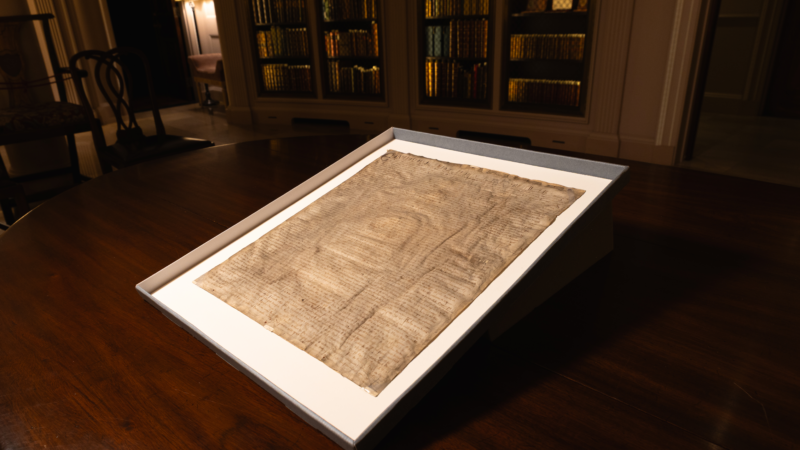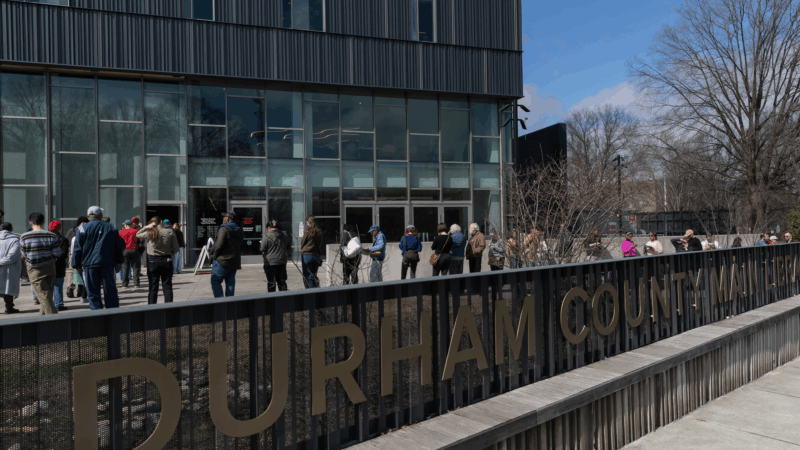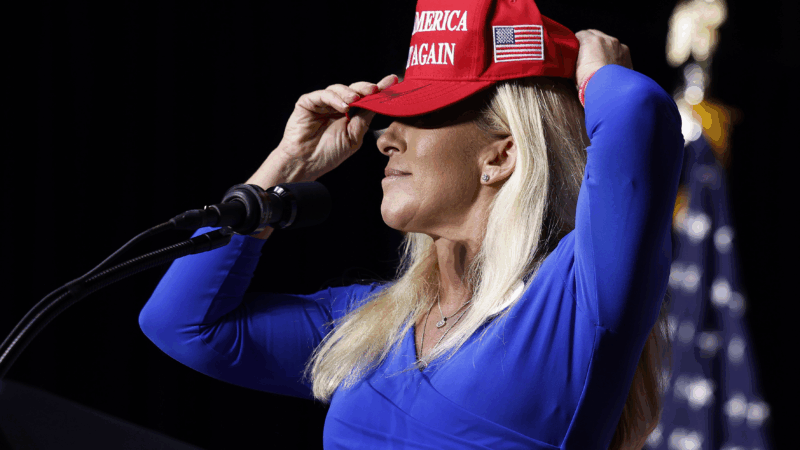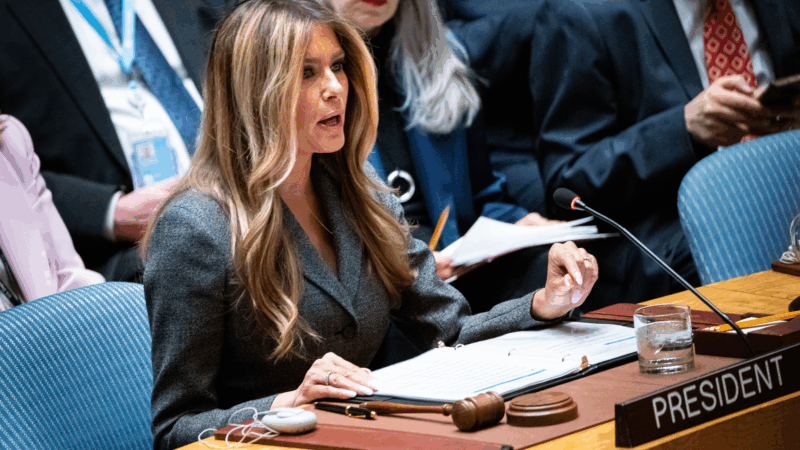Opinion: A wealth of wisdom for a bargain price
There’s a new reason to go through that pile of papers you’ve plunked somewhere.
Tests have established that a supposedly “unofficial” copy of the Magna Carta resting in the files of the Harvard Law School library for decades is an original, and, “one of the world’s most valuable documents.”
The law school reportedly paid just $27.50 for it in 1946.
David Carpenter, a professor at King’s College London, came upon the document in the Harvard Law School library’s online collection, and told The Guardian newspaper that he mused to himself, “My god this looks for all the world like an original…” Prof. Carpenter and Nicholas Vincent, at the University of East Anglia, used spectral imaging, ultraviolet light, and other tests, to determine that this Magna Carta rediscovered at Harvard is indeed the real thing.
The Magna Carta was first issued by King John of England in 1215 and declared that all people, royalty and commoners, had personal rights. Even kings had to abide by laws. It was reissued by his successors until Edward I in the year 1300. Professors Carpenter and Vincent date the Harvard Magna Carta to that final iteration.
The BBC says just 24 of the 200 original documents survive today. One of them, from the year 1297, is on display at the National Archives in Washington, DC, to remind us how the Americans who wrote the U.S. Constitution and Bill of Rights were inspired by the Magna Carta. It’s on loan from the philanthropist David M. Rubenstein, who purchased it for $22 million dollars and called it, the “best money I ever spent.”
You may wonder if he’s asked himself this week, “Wait—I could have gotten one for $27.50?”
It is inviting when old papers or paintings are discovered in an attic or file to think first of their monetary value. But this week, with so many court cases about executive authority and the rights of individuals, it might be worthwhile to pause and read some of the words that made the Magna Carta so momentous.
For example, Clause 39:
“No free man shall be seized or imprisoned, or stripped of his rights or possessions, or outlawed or exiled, or deprived of his standing in any way, nor will we proceed with force against him, or send others to do so, except by the lawful judgment of his equals or by the law of the land.”
The true wealth of the Magna Carta is in what it says.
U.S. evacuates diplomats, shuts down some embassies as war enters fourth day
The United States evacuated diplomats across the Middle East and shut down some embassies as war with Iran intensified Tuesday while President Trump signaled the conflict could turn into extended war.
Kristi Noem set to face senators over DHS shutdown, immigration enforcement
The focus of the hearing is likely to be on how Kristi Noem is pursuing President Trump's mass deportation efforts in his second term, after two U.S. citizens were killed by immigration officers.
College students, professors are making their own AI rules. They don’t always agree
More than three years after ChatGPT debuted, AI has become a part of everyday life — and professors and students are still figuring out how or if they should use it.
North Carolina and Texas have primary elections Tuesday. Here’s what you need to know
The midterm elections are officially underway and contests in Texas and North Carolina will be the first major opportunity for parties to hear from voters about what's important to them in 2026.
Trump promised the MAGA base no new wars. Then he went to war with Iran
President Trump promised his "Make America Great Again" voters an "America First" foreign policy. With the war in Iran, he's testing MAGA world's willingness to be flexible on one of its core beliefs.
Melania Trump presides at UN Security Council meeting as U.S. attacks Iran
U.S. first lady Melania Trump presided over a U.N. Security Council meeting on Monday focusing on children in conflict, as the United States has joined Israel in attacking Iran.








